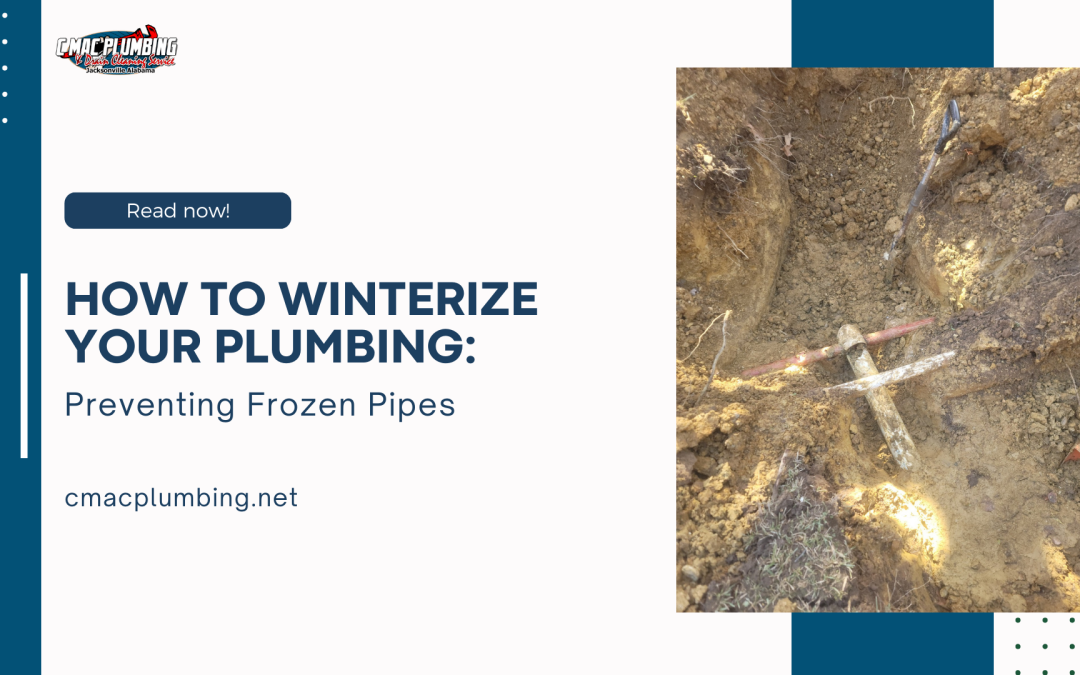As winter descends upon us, it brings not only the festive spirit but also the harsh reality of freezing temperatures that can wreak havoc on your home’s plumbing system. One of the most common and costly issues during winter is frozen pipes. When water inside pipes freezes, it expands, leading to potential cracks and leaks. However, with some proactive measures, you can safeguard your plumbing and avoid the inconvenience and expense of dealing with frozen pipes.
Insulate Your Pipes: Start by insulating your pipes, especially those located in unheated or exposed areas like basements, attics, and crawl spaces. Pipe insulation can be easily found at hardware stores and is an affordable way to add an extra layer of protection.
Seal Cracks and Gaps: Inspect your home for any cracks or gaps near your pipes. These openings can let cold air in and allow heat to escape, making your pipes vulnerable to freezing. Use caulk or insulation to seal these gaps and keep the cold out.
Drip Your Faucets: On particularly cold nights, allow a small, steady drip from your faucets. Moving water is less likely to freeze, so this simple trick can prevent your pipes from reaching the freezing point.
Keep Your Home Warm: Maintain a consistent temperature in your home, even when you’re away. While it might be tempting to turn down the heat to save on energy bills, a slightly higher heating bill is a small price to pay compared to the cost of repairing burst pipes.
Disconnect Outdoor Hoses: Remember to disconnect and drain your outdoor hoses. Water left inside can freeze and expand back into the pipe, causing it to burst. Store hoses indoors during winter to prolong their lifespan.
By taking these precautionary steps, you can ensure that your plumbing remains intact and functional throughout the winter months. Don’t let frozen pipes dampen your holiday spirit; prepare your home in advance and enjoy a worry-free winter. For any serious plumbing emergency, call immediately to plumbing professionals.


